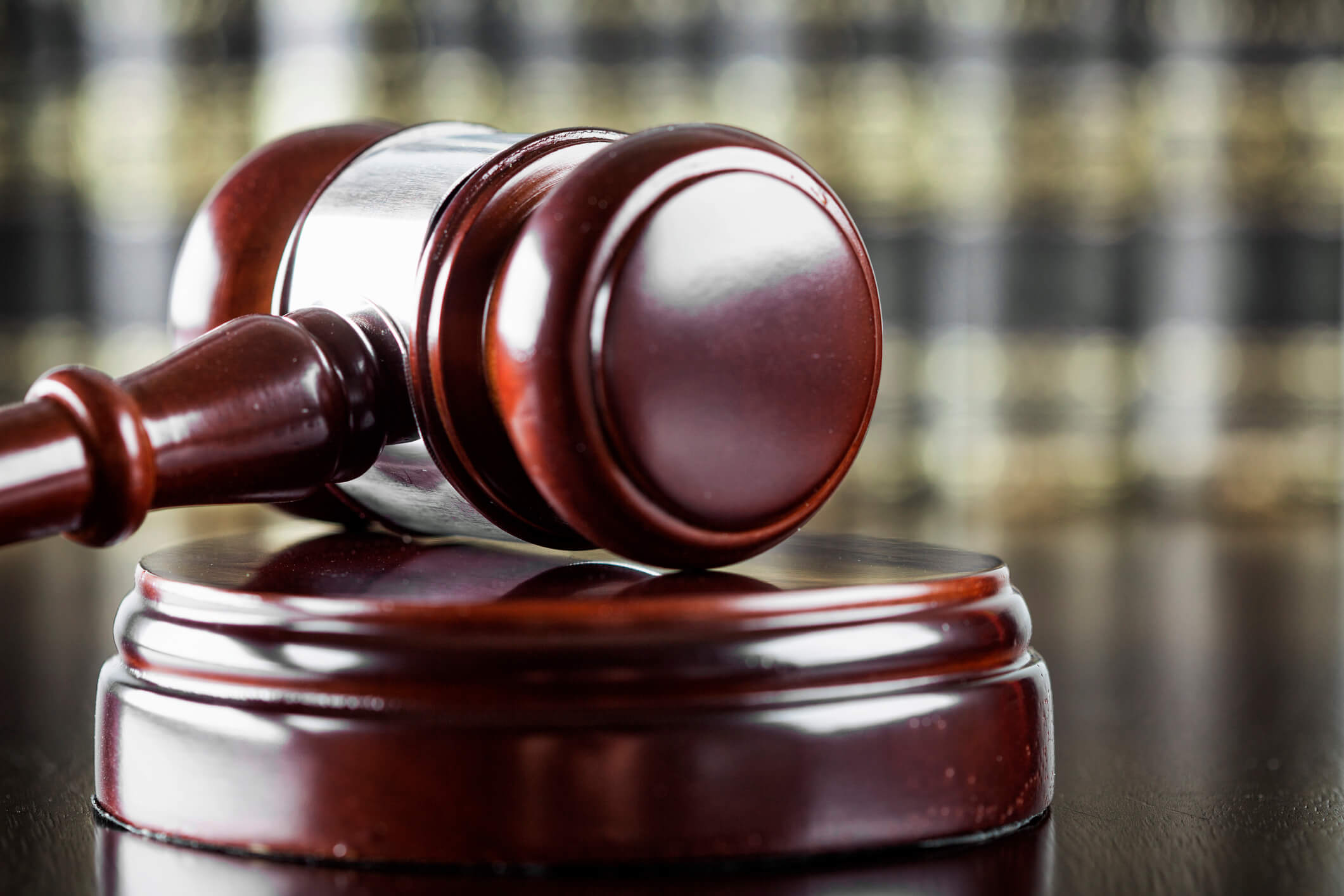When you file a personal injury claim, you may be required to provide sworn testimony for the other party during a formal deposition. During the deposition, the attorney for the other party asks questions seeking additional information about the case and your claim. Because your answers are under oath, what you say during a deposition could be used against you at trial.
Depositions are often used in personal injury cases because attorneys can ask questions and seek information during a deposition that they may not be able to do during a trial. Also, the information obtained in a deposition can be very useful in forming a defense strategy for a personal injury claim. Therefore, it is important to work with your New Jersey personal injury attorney to prepare for the deposition. Preparing for a personal injury deposition can help you avoid the top seven mistakes plaintiffs typically make.
7 Mistakes to Avoid During a Personal Injury Deposition
Mistake Number 1: Inconsistency
A defense attorney may try to paint a picture for the jury that your statements are inconsistent. If you are inconsistent, you are not telling the truth. The attorney may use the testimony during your deposition to prove you are not consistent with your answers. You and your attorney should prepare for the deposition by reviewing the facts in your case. You can avoid inconsistent answers by never guessing or estimating.
Mistake Number 2: Elaborating
Defense attorneys like to ask open-ended questions that encourage you to try to explain your answer instead of simply answering the question. Don’t offer information not asked for in the question.
Mistake Number 3: Becoming Angry and Defensive
Another tactic used by defense attorneys is to attempt to make the person angry or defensive during the deposition. A person who becomes angry or defensive is more likely to give away information that the attorney may not know. Try not to take anything personally during the deposition. If you feel yourself losing control, ask for a break to get water and go to the restroom.
Mistake Number 4: Exaggerating
It may be tempting to exaggerate symptoms in a personal injury case. However, the defense will call medical experts to testify at trial regarding what is typically expected in cases involving injuries like your injuries. While no two people suffer the same way after an injury, jurors may recognize when a plaintiff is “playing it up” to receive more sympathy and money. It is best to be honest about your symptoms and how the injury has impacted your life.
Mistake Number 5: Failing to Ask for Clarification
It can be difficult to undo a poor response during a deposition. You can try to explain that you did not understand the question, but jurors may believe you are simply trying to cover up something you regret saying during the deposition. If you are not sure what the defense attorney is requesting, ask the attorney to clarify the question or rephrase the question.
Mistake Number 6: Answering Compound Questions
Do not answer compound questions. For example, if the question asked is “When you fell at the store, did you see the water on the floor and was it during normal business hours,” the answer to the question may be no and yes. Before answering, ask the attorney to break apart the question into separate questions.
Mistake Number 7: Answering Too Quickly
Always take a minute to think about the question before responding to the question. You need a moment to determine if the question is asking for an assumption, is a compound question, or an open-ended question. You also need to ensure that you understand what information the attorney is seeking and formulate a precise answer. Repeating the question in your mind can help. If an attorney pressures you for quick answers, simply respond that you are taking your time to be sure that your answer is accurate.
Work with a New Jersey Personal Injury Attorney on Your Case
There are many aspects of a personal injury claim that can seem overwhelming, including depositions. A New Jersey personal injury attorney with experience handling cases like yours can provide support and guidance as you seek to hold a party liable for the damage caused by the party’s negligence and wrongdoing. Schedule a consultation with our New Jersey personal injury lawyers today.

